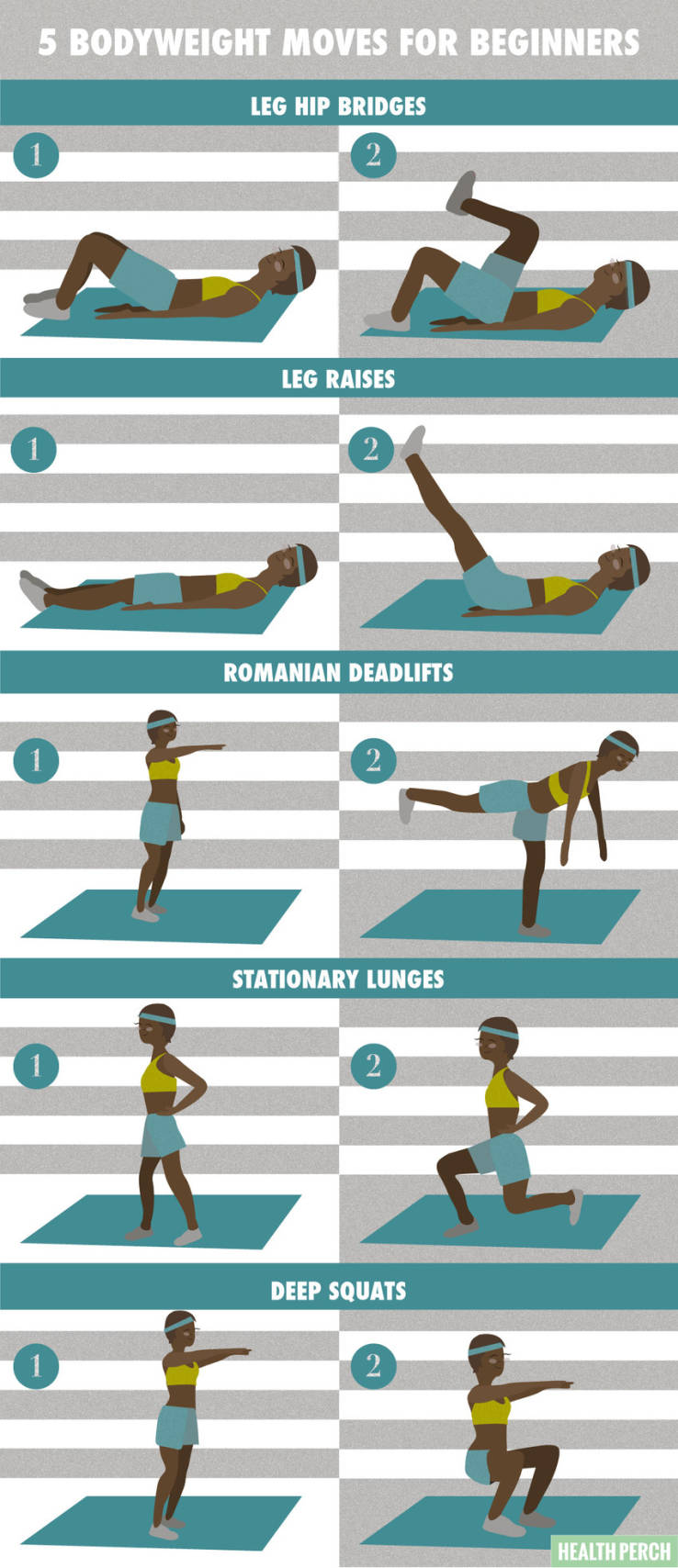How To Correctly Calculate If Youre Obese, Overweight Or Morbidly Obese
It is necessary to know how overweight and obesity are defined and measured in scientific terms in order to do something about it.
An introduction to these things helps us understand and find our place in the chances for obesity. Calculating your chances for obesity may take a lot of patience. It is good though that our helpful health providers have devised a way for patients to determine their weight condition easily. An obesity calculator makes the process of weight measurement comprehensible and convenient to use.
The obesity calculator doesn't actually need a special calculating device in order to use. There is a lot of free obesity calculator software in the internet, available usually in health and wellness web sites. Just a few clicks and you got your BMI. But did you know that you can compute for your BMI on your own?
The body mass index or the BMI obesity calculator is a special formula designed to measure the amount of body fat in a person's body. Since not all overweight people are fat people (for example body-builders), being informed of your exact BMI and the related changes in your body allows you to know as early if you are obese. And if you're not, wouldn't it feel good to know you're not obese even it seems you are? Even thin people also get the advantage of knowing the balance between their lean muscles and fats. The method is fairly easy.
The BMI calculates based on the standard relationship between height and weight. Though it doesn't measure the exact percentage of fat in your body, it does measure the (right) proportion of your fat and muscles. And since it is not gender-specific and effective as well as easy to use, it is the choice-measurement used by most obesity researchers and other health professionals.
Though you don't need to be an expert at all. You're already on your way to having your obesity calculator once you know your math. The BMI is computed by dividing a person's weight (in kilograms) by his height (in meters) squared. In figures: weight (kg) / height squared. If you want to use pounds and inches, just multiply your weight (lbs.) by 700, then divide the result by your height (in.), and then divide that again by your height in inches. A BMI that is less than 18.5 is considered underweight. A BMI of 18.5-24.9 is considered normal-weight. A BMI of 25-29.9 is considered overweight.
In essence, you will be able to have a personal conviction with your weight - health once you become knowledgeable of what goes on with of your BMI as you follow through with its development.
-
Train Like A Tennis Star! 5 Exercises To Strengthen Your Arms & Core
-
Data About How To Shed Weight Easily
Consuming more energy than your physique
-
I Lost Weight: Matthew Berning Revamped His Eating Habits And Lost Over 70 Pounds
Got a success story of your own? Send it to us at success.stor
-
10 Tips To Permanent Weight Loss
1. Exercise Exercise is one of the most important factors that would
-
Not Another Fad Diet: Real Weight Loss Strategies For Real Weight Loss
People think it is difficult to get smal
-
Learn The Secrets Of Successful Weight Loss
People that struggle with weight loss know how hard it can be. I
- DON'T MISS
- Lose Two Pounds Per Week: Three Exercises
- Dieters There Are No Second Helpings In Life
- The Truth about Green Tea Weight loss
- How To Avoid Weight Loss Plateau And Shed More Pounds
- Hypnos Is A Weight Loss Option
- Aerobics For Weight Loss: Myths And Truths
- Eat to Lose Weight + Live Longer
- Sleep apnea solutions
- 2 Easy Ways To Overcoming Weight Loss Plateau
- Change Your Thinking, Lose Weight




